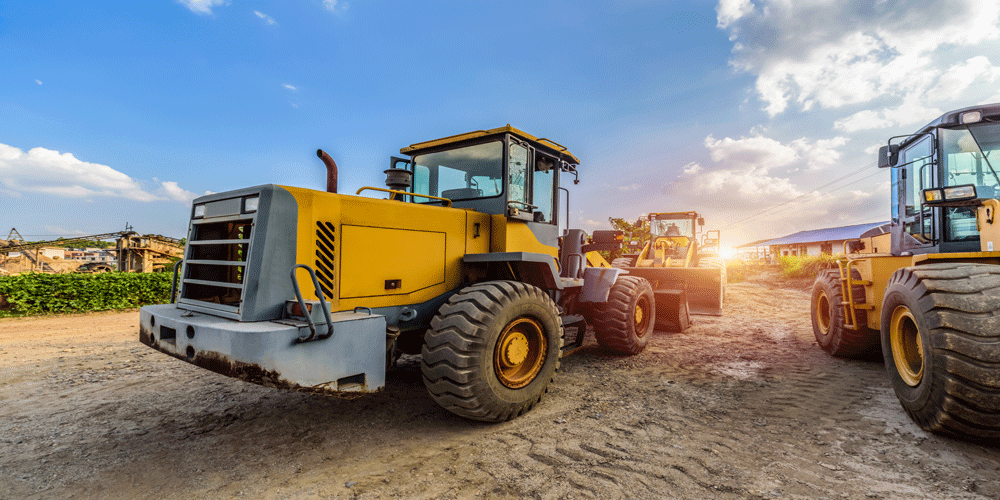Smart Strategies: Making the Call Between Renting and Purchasing Plant Hire Equipment
In the world of construction, infrastructure development, and various industrial projects, the need for specialized equipment, often referred to as plant hire equipment, is undeniable. However, the decision to rent or purchase such equipment can be a challenging one, with numerous factors to consider. This post aims to provide valuable insights and strategies to help you make an informed decision between renting and purchasing plant hire equipment.
1. Assess Project Duration and Frequency:
One of the initial factors to consider is the duration and frequency of your projects that require the specific plant hire equipment. If your project requires the equipment only for a short period or on an occasional basis, renting might be the more cost-effective choice. On the other hand, if your projects are ongoing and frequent, purchasing could be a viable option in the long run.
2. Financial Considerations:
Budget plays a significant role in this decision-making process. Renting equipment requires a lower upfront investment, making it ideal for businesses with limited capital. Purchasing, on the other hand, involves a larger initial cost but can offer better returns over time, especially if the equipment will be used extensively.
3. Maintenance and Repairs:
When you rent plant hire equipment, maintenance and repairs are generally handled by the rental company. This can save you time, effort, and unexpected costs. Conversely, if you purchase the equipment, you become responsible for its maintenance and repairs, which may lead to additional expenses and downtime.
4. Equipment Availability and Customization:
Renting equipment provides the advantage of accessing a wide variety of specialized tools without a long-term commitment. However, if your projects require specific customizations or modifications to the equipment, purchasing might be a better option, as it allows you to tailor the equipment to your needs.
5. Technological Advancements:
The construction and industrial sectors are rapidly evolving, with new technologies and innovations continually being introduced. Renting equipment enables you to stay updated with the latest advancements without the burden of obsolescence. Purchasing, though, can lock you into a particular technology until you decide to upgrade.
6. Resale Value and Depreciation:
When you purchase plant hire equipment, you’re making an investment that can potentially yield returns through resale value. However, keep in mind that equipment depreciates over time. Before making a purchase, consider the equipment’s expected resale value down the line.
7. Long-Term Vision:
Your long-term business vision and growth plans should also influence your decision. If you foresee expanding your projects and operations, purchasing might align better with your strategic goals. On the other hand, if you want to stay flexible and nimble, renting could be the preferred choice.
Choosing between renting and purchasing plant hire equipment demands careful consideration of multiple factors, including project duration, financial capacity, maintenance responsibilities, customization needs, technological trends, and long-term vision. The key lies in assessing your unique requirements and weighing the pros and cons of each option. By following these smart strategies, you can make an informed decision that aligns with your business goals and optimizes your operational efficiency.
